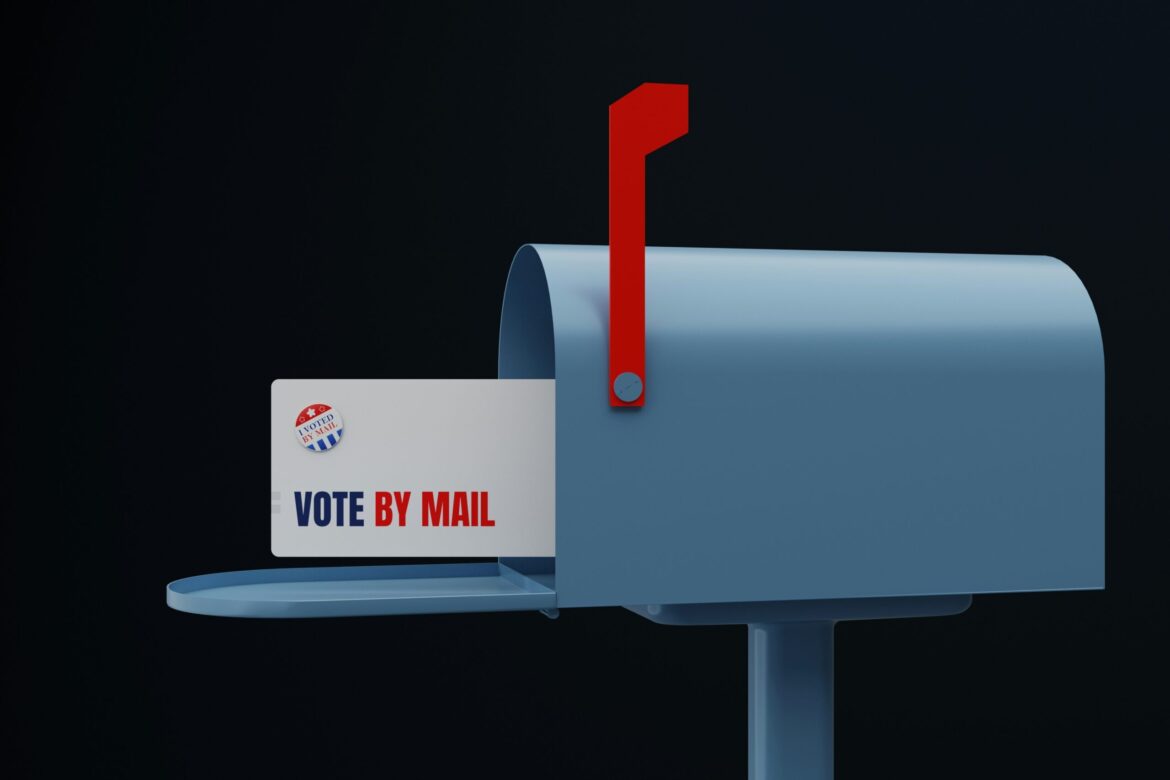In a closely watched decision with significant implications for the upcoming presidential race, the U.S. Supreme Court has temporarily halted key provisions of Arizona’s controversial voting law that sought to restrict access to mail-in ballots. The emergency order, issued in August 2024, allows thousands of voters in Arizona to cast ballots in the general election without having to provide documentary proof of citizenship, easing concerns about voter disenfranchisement just days before the election.
The law in question, enacted by Arizona’s Republican-controlled legislature in 2022, imposed strict new requirements on voter registration and mail-in ballot eligibility. Among its most contentious provisions was a mandate requiring proof of citizenship for those registering to vote and a ban on issuing mail-in ballots to individuals who registered using the federal voter registration form without supplying such documentation. Voting rights advocates, civil liberties groups, and the U.S. Department of Justice swiftly challenged the law, arguing that it violated the National Voter Registration Act and would disproportionately impact rural, minority, and elderly voters who rely heavily on absentee voting.
The Supreme Court’s 5–4 decision struck down the provision barring voters who registered with the federal form from voting in federal elections or receiving mail-in ballots. This move is being hailed as a major victory for voting rights advocates, as it ensures that over 40,000 Arizonans—many of whom are U.S. citizens—will be able to participate in the 2024 presidential election. These voters, who did not submit documentary proof of citizenship when registering, will now have access to mail-in voting and full participation in the general election. Given Arizona’s status as a key battleground state, where President Joe Biden won by just over 10,000 votes in 2020, the impact of the ruling could prove decisive.
However, the Supreme Court did allow Arizona to enforce another portion of the law requiring new registrants who use the state’s own registration form to provide proof of citizenship. While this requirement is not expected to affect the majority of voters, critics warn it could still create barriers for eligible citizens, especially among student populations, Native American communities, and military personnel who may struggle to obtain proper documentation in time to vote.
The ruling has drawn strong reactions from both sides of the political aisle. Arizona Secretary of State Adrian Fontes cautioned that making late changes to election rules could confuse voters and complicate the responsibilities of local election officials. He emphasized the need for clarity and stability in the voting process, especially so close to Election Day. Meanwhile, civil rights organizations, including the Campaign Legal Center, celebrated the decision as a crucial defense of voter access. Bruce Spiva, a lawyer for the group, noted that while the decision stops immediate disenfranchisement, ongoing litigation will be necessary to challenge the remaining aspects of the law.
The Republican National Committee framed the decision differently, claiming partial victory. RNC Chair Michael Whatley argued that the requirement for proof of citizenship is essential to safeguarding election integrity, even as the court blocked parts of the law. He maintained that election security measures are necessary to ensure public confidence in the democratic process.
Arizona’s case is part of a broader national trend following the 2020 election, in which several states passed legislation tightening voting laws under the banner of election security. These laws have faced intense scrutiny and legal challenges, particularly from those who argue they suppress voter turnout and disproportionately affect marginalized communities. The Supreme Court’s intervention in Arizona could set a precedent for similar legal battles across the country, influencing how states handle absentee and mail-in voting in future elections.
With the 2024 election just days away, the Court’s temporary ruling ensures that more Arizonans will be able to vote without unnecessary hurdles. While not a final resolution, the decision marks a critical moment in the ongoing struggle over voting rights and election accessibility in the United States.

